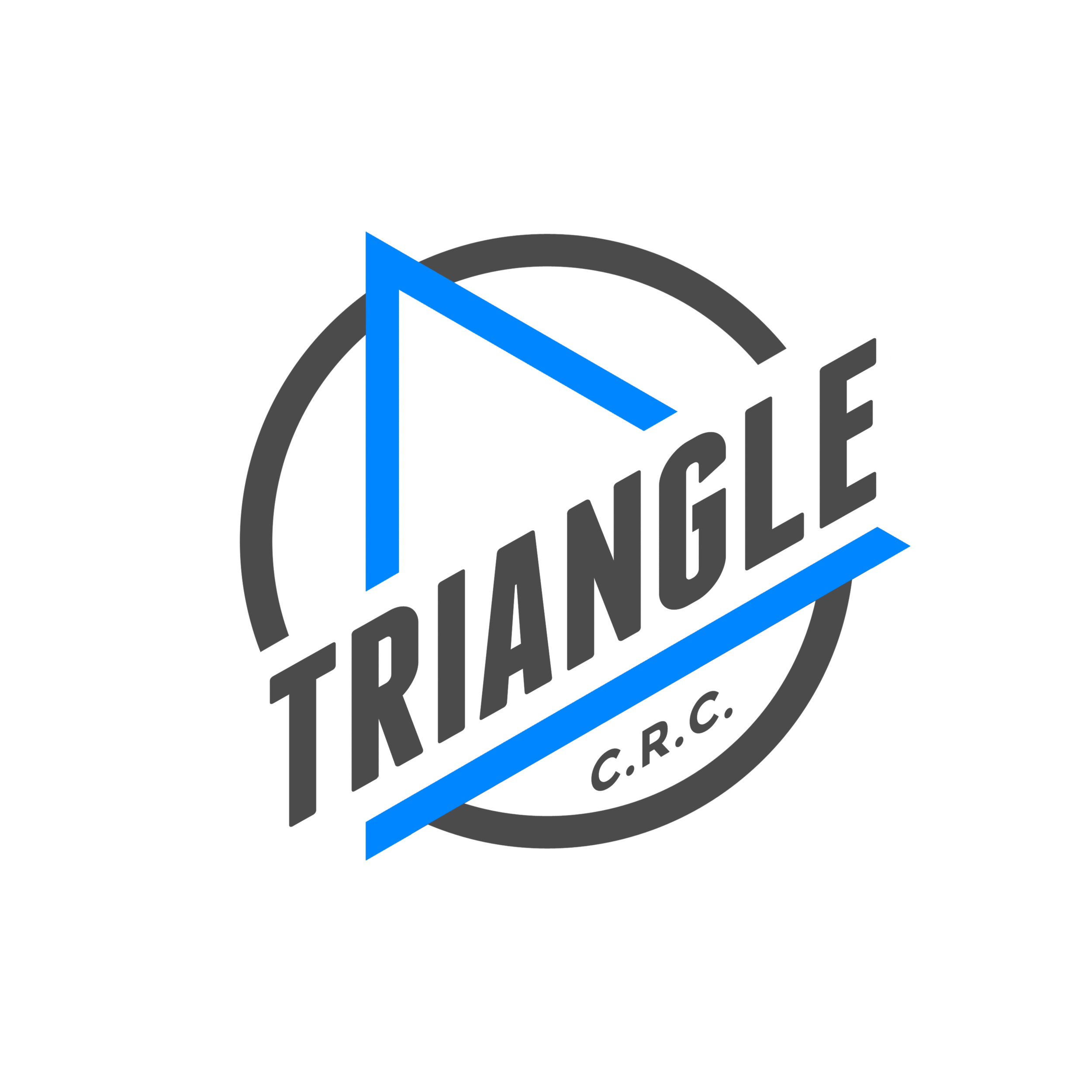Postpartum Rehabilitation
What is postpartum rehabilitation?
In short: it’s fully recovering after giving birth. It means that you spend the first two weeks after giving birth doing just about nothing other than caring for your baby. No errands, no dishes, no cleaning. Just co-regulating your nervous system with your baby’s. Spend two weeks integrating your new family member into the world (and by that I mean your house or your yard).
And then the next month is spent intentionally recovering, the same way you would after an injury or surgery (which is sometimes ALSO what happens during birth). Eating nutrient-rich foods, visiting your chiropractor, eliminating processed foods, moving with intention, resting frequently, and limiting stressors.
Once you’re six weeks postpartum, this is typically when women get a “green light” from their doctor or midwife for returning to activity. But this is when the rehab actually starts rather than ends. Between 4-8 weeks is when we recommend women begin our Postpartum Rehab program, which is a step-by-step guide to fully recovering after giving birth.
Around 12 weeks postpartum, if you’ve followed the above prescription, then you can begin rebuilding strength. This doesn’t mean that you start running or join a high intensity class. It means you work with your body and move in a way that supports that you’re only three months out from one of the biggest events of your life.
Why does postpartum rehab matter?
We’ve seen it for years: women who don’t fully recover after giving birth often end up plagued with nagging injuries that finally go away after they commit to rehabilitating. It doesn’t matter how far postpartum they are: their bodies need to fully recover, rehabilitate, and rebuild after giving birth.
The core undergoes vast changes during pregnancy, and they don’t just undo themselves in the postpartum period. Whether birth happened vaginally or via cesarean section, the core is severely disrupted during birth, and needs adequate recovery.
Balancing strength, awareness, stability, and mobility in the whole body - from the feet to the head - is crucial for helping the body to find homeostasis (balance).
What if I didn’t do that and I’m years postpartum?
That’s okay! A lot of women don’t realize that healing after giving birth is even an option. They’ve been convinced that they’ll just have to cross their legs when they sneeze or wear a pad when they run. It is hard to peel back to a full recovery mode when you’re not in the immediate postpartum time period, but to do so is a magical gift you can give yourself. It’s never too late to choose healing.
Can’t I just start working out slowly?
This is what most women do. And at least one out of every four women has some amount of reported pelvic floor dysfunction. I’ve been treating these patients for years, and it takes approximately three times of asking questions creatively to get women to admit to the level of pelvic floor dysfunction they’re experiencing. Some women think it’s “normal” to pee their pants when they sneeze, and others are embarrassed to admit it - even to their doctor.
So to bring it home: if most women work out slowly after giving birth and at least a quarter of women admit to having pelvic floor dysfunction, is our current approach working? I didn’t think so.
I think there’s room for better postpartum care and higher expectations. I think there’s room for complete healing in the postpartum time period. I invite you to investigate this with us through our in-person care alongside our Postpartum Rehab program. (And yes, we've checked out all of the other courses we've ever heard of and they all miss the boat.)
To Your Health,
Lindsay Mumma, DC
Jack & Erika, captured by Amanda Ditzel
Triangle CRC In The News
CBS 17
Meet the Doctors of TriangleCRC
Meet the doctors of Triangle Chiropractic and Rehabilitation Center: Drs. Lindsay Mumma, and Peggy Regis Robinson
CBS 17
Benefits of Traditional Chinese Medicine
Dr. Lindsay Mumma and Dr. Peggy Regis Robinson was in the My Carolina studio to discuss the benefits of traditional chinese medicine. This episode also includes a special tribute to Mary Marshall, Triangle CRC Back Office Manager.
CBS 17
Chiropractic Care Throughout Life
Dr. Lindsay Mumma was in the My Carolina studio again to discuss the benefits and necessity of chiropractic care throughout any stage of life.
CBS 17
Take Care of Your Body at Triangle CRC
Dr. Lindsay Mumma was in the My Carolina studio again to discuss the benefits and necessity of chiropractic care during pregnancy.
CBS 17
Postpartum Rehabilitation with Dr. Mumma
Dr. Lindsay Mumma addresses the importance of postpartum rehabilitation with CBS-17's My Carolina. She highlights the work that she and the doctors at Triangle Chiropractic and Rehabilitation Center do.

